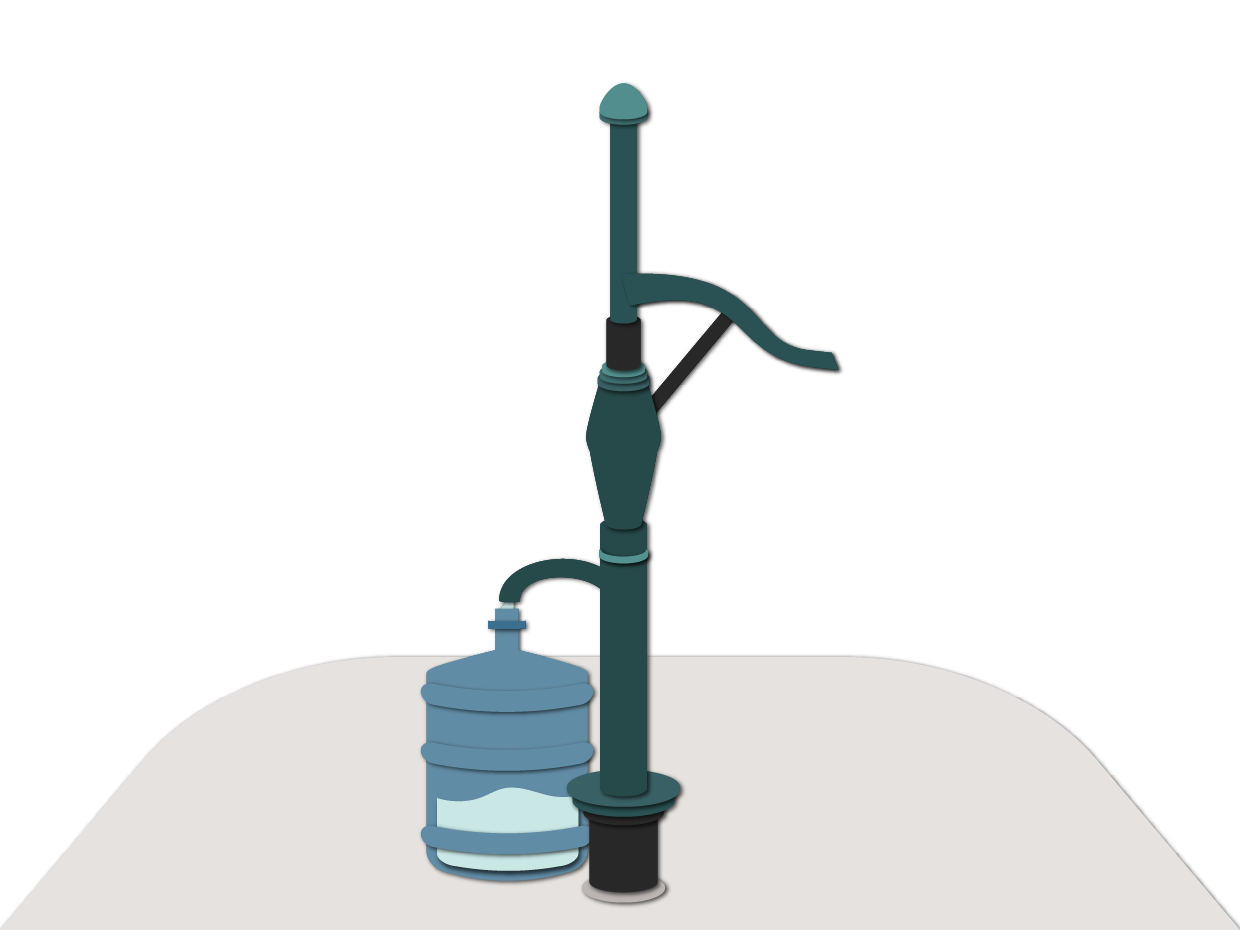Making a budget is one of the most helpful financial tools you can use on a regular basis. A budget can give you a clear picture of where your money is going. It’s easier to plan for the life you want, when you know how much money you have for saving, spending and paying off debt.
If you’ve never made a budget, or have not created one in a long time, it can be an intimidating reality check. Don’t let stress or worry keep you from creating a budget. The best budgeting method to use is the one that works for you.
On this page you’ll find
1. You don’t need to follow all the advice at once
The more you read about budgeting, the more it can start to become overwhelming. You might feel pressure to use the budget to come up with a savings plan, a debt repayment plan, and multiple short-term and long-term goals. Rules about saving a specific percentage of your income each month might feel out of reach.
Instead of making your budget fit all of the rules at once, focus on the most important priority for you right now. If you’re new to budgeting, your first goal might be just to track your expenses for one or two months. From there, your next goal might be setting a monthly savings goal. Prioritize what’s most helpful for you right now.
If you’re not sure where to start, follow these five steps to create a balanced budget.
2. Find the method that works for you
There are many ways to approach making a budget. If you’re not excited about budgeting, it’s possible you haven’t found the right one. You could try:
- Writing by hand in a notebook
- Keeping a spreadsheet file on your computer
- Using a budgeting app on your phone or spreadsheet
- Using an app provided by your online banking service
- Writing in a text document or notes file on your phone or computer
- Using a calendar to write down daily expenses or incoming payments
- Using envelopes with cash assigned to different monthly expenses
The best budgeting method is the one that you’re most likely to stick with. Try a few different ones to see which you like best. Also try looking at your budget at different times in the day or week to see when is the best fit for you.
Sometimes tracking expenses is enough to help identify areas to make changes. Try tracking your expenses for a month and see what you notice about your spending.
3. Budgeting is also about acknowledging challenges
If you have a limited income, you might not feel like you have enough money to use a budget. In reality, budgeting isn’t just about how much money you have. It’s also about knowing where your money is going and how much you can put aside for your goals.
Acknowledge that you’re doing the best you can with what you have. Making a budget might simply confirm what you already know — that you don’t have a lot of extra to spend at the end of the month. But that is still an important accomplishment.
If you’re genuinely not making ends meet, this is an opportunity to decide what next step would be most helpful. It could be conversations with family members about how to trim expenses, considering ways to add to your income, or seeking support from a debt management professional to ease debt burdens.
You don’t need to budget alone. Include your family members in discussions about needs versus wants, or setting priorities each month.
4. A budget doesn’t need to limit you
Many people shy away from budgeting because they believe it will end up restricting their choices. The common tip to save money by cutting out takeout or coffees, has become closely associated with the budgeting process. If daily coffees are important to your routine, then you can look for other trade-offs if you need to trim expenses.
Ultimately, how you spend your money is up to you. It is true that budgeting usually does involve making trade-offs, because it’s difficult to meet every spending or saving goal every month. This is when it’s important to know what your must have items are each month and what you can live without if you need to.
There’s more than one way to trim expenses. Try one of these tips.
4 key tips to make budgeting work for you:
- Your budget should match your priorities. Don’t worry about following all the advice at once.
- The best budgeting method is the one you’re most likely to stick with.
- Budgeting isn’t always easy. Acknowledging the challenges can help you discover the best next steps.
- Budgeting often involves trade-offs to meet your goals. Know what you can live without each month to balance your budget.
